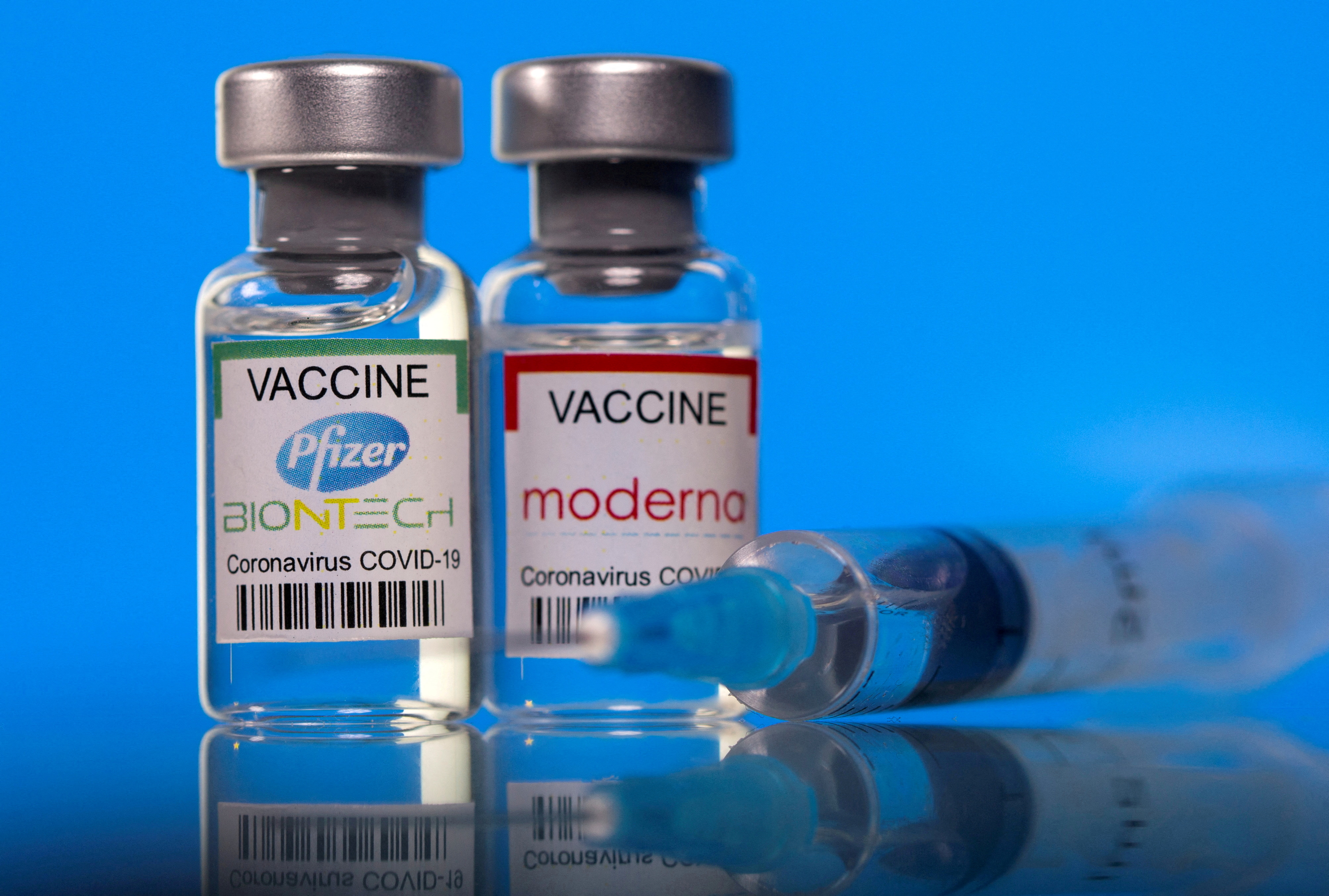
Desk,01-Feb; As the world stands vexed over whether an Omicron-specific vaccine for the coronavirus disease (Covid-19) is needed, several public health professionals and infectious diseases experts interviewed by Nature magazine have presented different ideas on the matter. According to medicos and researchers who the journal talked to, it is still unclear if the scientific community even needs to invest a significant amount of its time and efforts behind a vaccine specifically made to counter the highly transmissible Omicron strain of the SARS-CoV-2 coronavirus, given that cases may flatline before the shot is authorised in most places around the world or that the next strain could be radically different from the current one, requiring once again a different vaccine makeup.The very first of the Covid-19 vaccines were based on the initial SARS-CoV-2 strain first detected in China’s Wuhan. But the coronavirus has undergone multiple mutations since then; the Omicron strain, capable of undergoing frequent transmissions, contains more than 30 mutations in key regions of its genome, thus making it radically different from the initial strain.Given the change in Omicron’s biology from the original virus’, and the fact that the new strain is on its way to becoming the dominant variant in several countries around the world, researchers put the idea of an updated vaccine makeup on the table.Moreover, the protection provided by the booster shots is not everlasting. While the UK health security agency says a third dose of the vaccine reduces hospitalisation risk by 92 per cent and the US Centers for Disease Control and Prevention (CDC) says it prevents hospitalisation with 90 per cent effectiveness, everyone agrees that this protection provided by a booster shot also wanes quickly. Studies in the UK have shown that just 10 weeks after a third dose, effectiveness against hospitalisations drops from 92 per cent to 83 per cent.Notably, a system to update pre-existing vaccines already exists for, say, the influenza virus. The World Health Organization (WHO) has an expert team that meets twice a year to recommend the composition of the next season’s vaccine, making it easier for the health regulators of respective countries to follow through. There are also more than 100 laboratories and five WHO collaborating centres across the globe conducting year-round surveillance, testing thousands of virus samples, and predicting how the next strain of the flu virus will be.However, there are some complications in replicating the influenza vaccine model for the coronavirus, especially in light of the Omicron variant.Scientists say semiannual flu vaccine composition decisions are possible only because the influenza virus has been here long enough for it to settle into a more-or-less predictable pattern, meaning researchers can typically ‘forecast’ the vaccine makeup for the next strain deriving from previous ones.However, things have not been so straightforward with the SARS-CoV-2 coronavirus.




